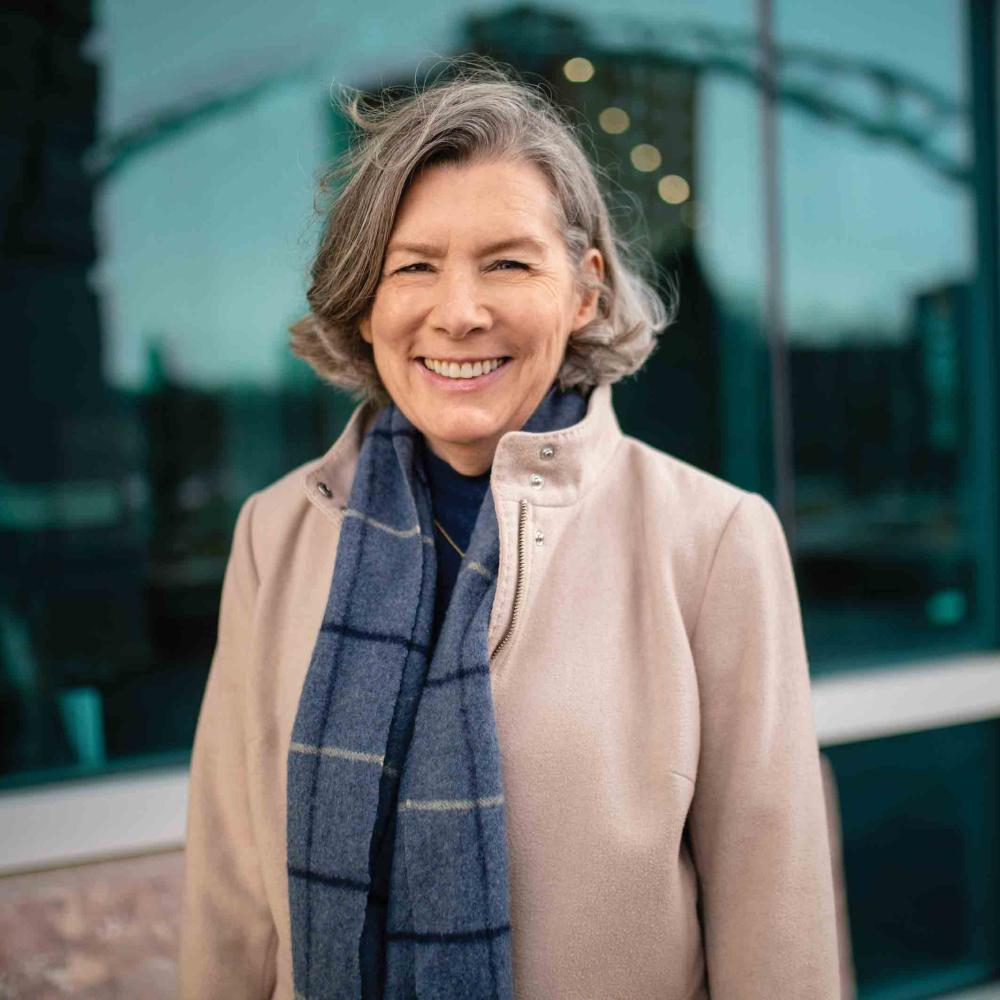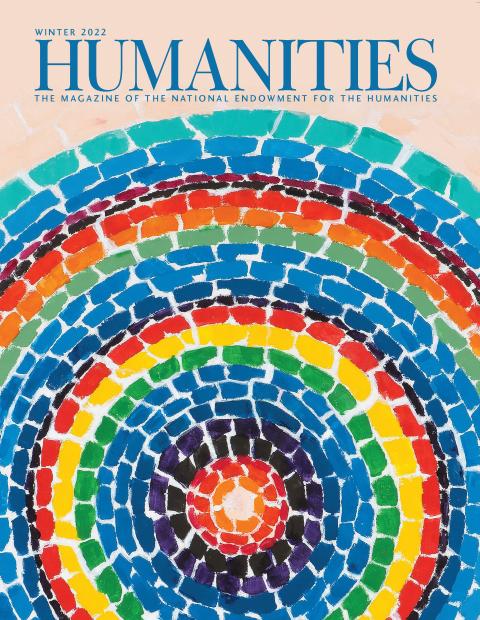Ann Volin has served as executive director of the South Dakota Humanities Council for three years. She’s led efforts to swiftly transform a destination state book festival into a world-class virtual (and virus-free) gathering. She’s guided wide-reaching efforts to explore the power of voting along with intimate meditations on the intricacies of the human condition. She’s seen how even the smallest of grant awards can forge a conversation, spark a celebration, and transform a community.
Sometimes it’s the awards themselves that lead to surprising conversations.
“We got a phone call from one librarian who (after she’d received her grants) said, ‘I about screamed the house down,’” Volin explains. “She said, ‘Please, let people know that we will use every penny.’. . . It means all the difference in the world to them.”
Volin has an eye for the tenderest of details and for life as it unfolds in each ordinary moment, whether it’s an impromptu celebration with a giddy librarian or the moment a poem reflected Volin’s own experience, perhaps for the first time.
“My parents gave me a copy of Robert Louis Stevenson’s A Child’s Garden of Verses—this little yellow hardback, a book I still have. And I remember reading ‘The Swing.’
“That poem worked for me because it was about my experiences as a child and said in such a graceful, pretty way. The colors were there. I liked the movement of the lines. I liked the rhymes that were a part of it.”
Poetry remains stitched throughout Volin’s life. She relishes the brevity of poetry, the sound, the rhythm, the intensity. Her tenure leading the South Dakota Humanities Council has also journeyed alongside the intensity of collective turmoil and the rhythms of collective grief.
Early in the pandemic, as South Dakota’s citizens gathered at city council meetings to loudly debate community mask mandates, Volin and her team planned civil conversations that brought people together. When South Dakota made national headlines as a COVID hotspot, Volin and her team ushered grant money to libraries and humanities organizations. Rural organizations, typically shepherded by volunteers, were plunged into desperately needed upgrades and urgent programming requests.
Throughout it all, the mission of the South Dakota Humanities Council has not wavered. Ann Volin has not flinched.
“We need a place always, I think, in a civil society, where . . . we can gather, and where the opportunity is to get a chance to be more thoughtful, to actually hear what somebody else is saying and thinking and to decide for yourself how that fits into your thoughts. . . . That’s a role we have played before, and we will continue to play in the future.”
If those gathering places happen to be virtual, especially in a state swept with long stretches of grasslands, mountains, ranches, and farmlands, that doesn’t seem to bother Volin. We’re learning new ways to be in community, she says. A virtual gathering might find South Dakotans hundreds of miles apart physically yet writing together on a snow-washed morning before shouldering the shovels and plows and business of the day.
Meanwhile, on any given morning, a rural librarian might get news that a community is about to be transformed through the power of the humanities, all because of modest funding that happens to be “scream-down-the-house” funding to people in small-town South Dakota.
Tell Us More . . .
Ann Volin discusses how South Dakotans are exploring the complicated legacy of colonization through the South Dakota Humanities Council’s One Book selection for 2022. Listen to the full interview.


